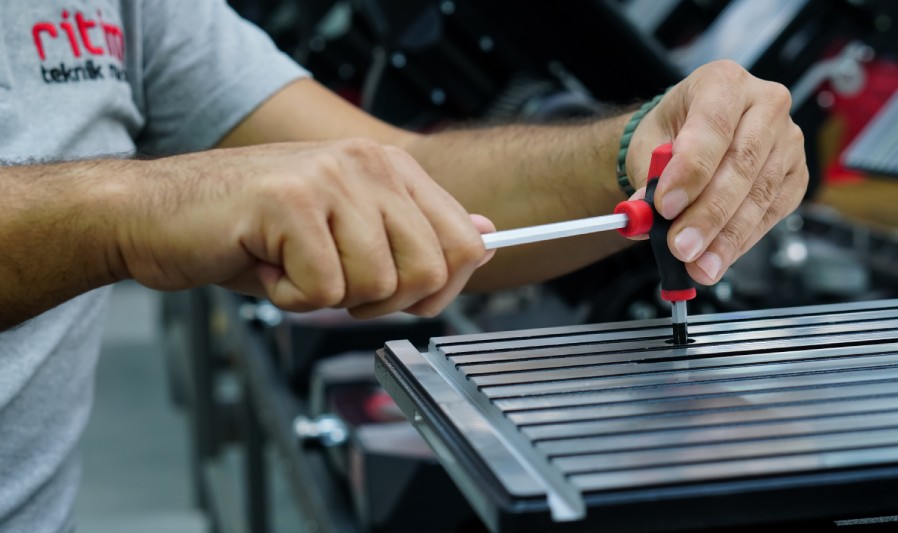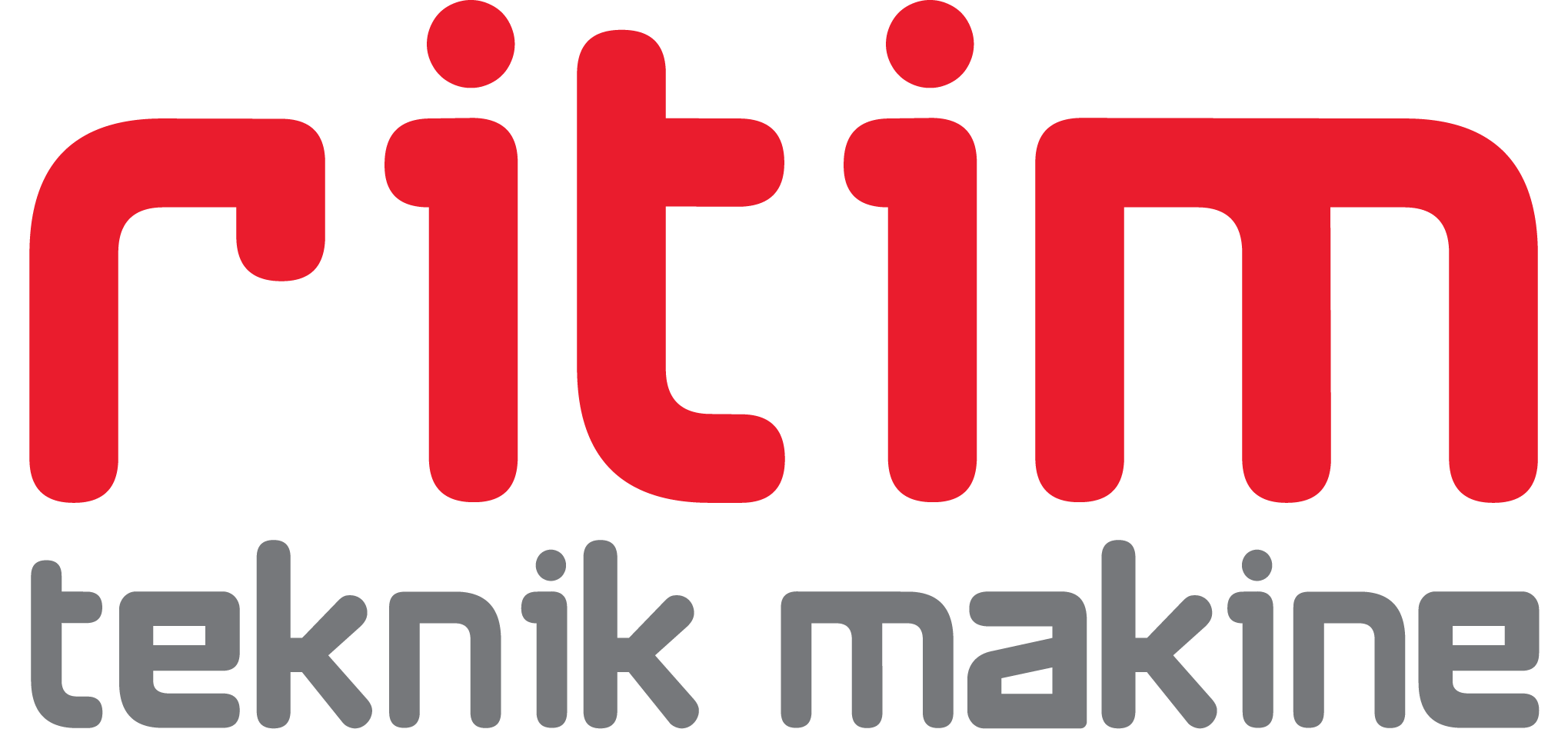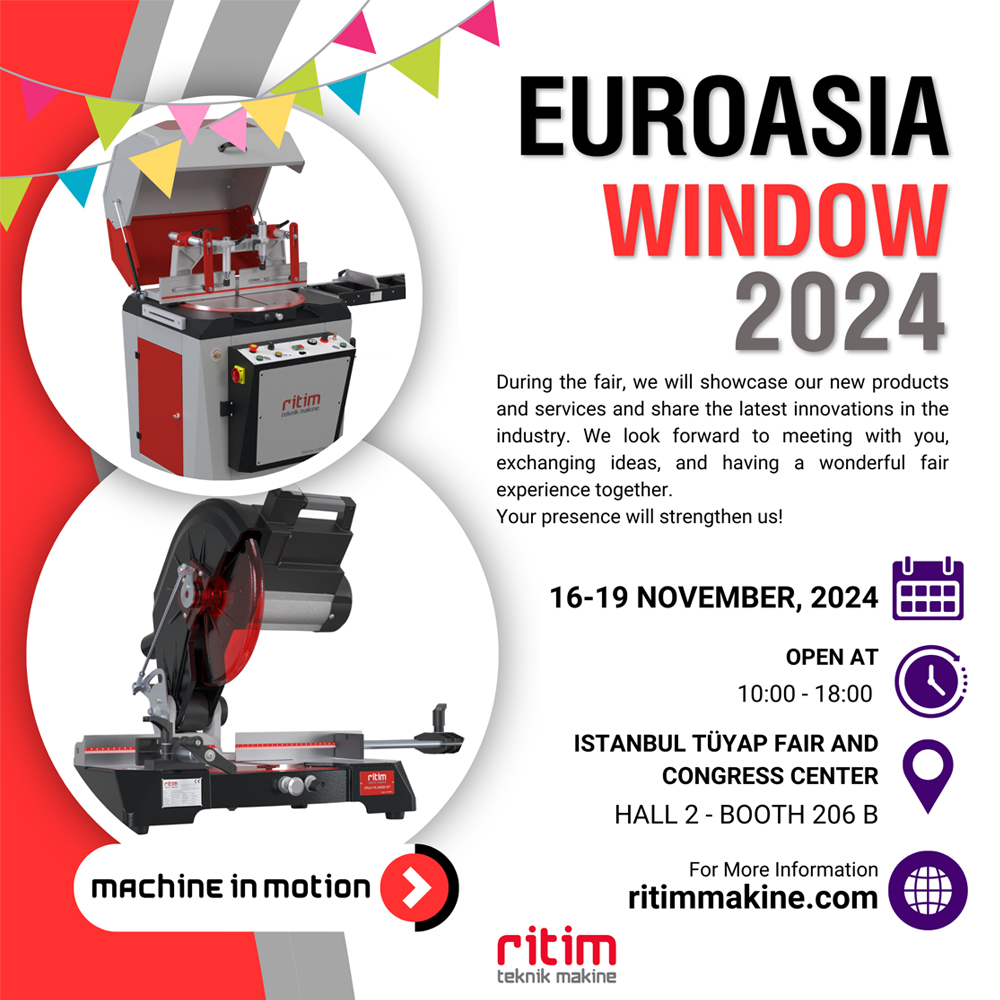
In modern industries, aluminum, and polyvinyl chloride (PVC) are essential materials that play a vital role in the production of a wide range of products. The processing and shaping of these materials determine the quality and durability of the products used in various sectors. However, ensuring that the processed products are manufactured in accordance with high-quality standards goes beyond the design and production stages. This is where the role of quality control in aluminum and PVC processing machines becomes evident. Quality control not only evaluates the compliance of processed products with specified standards, but also shapes elements that provide businesses with a competitive advantage, such as efficiency, cost savings, and customer satisfaction.
Quality control assesses whether products or services comply with specified standards and meet customer expectations. In aluminum and PVC processing machines, quality control involves checking whether the properties, dimensions, durability, and other technical specifications of the processed products conform to specified standards. This stage is critical for ensuring the reliability of the production processes and quality of the final products.
One of the most significant advantages of quality control in aluminum and PVC processing machines is its ability to detect errors in the early stages. Controls conducted at every stage of the production process allow potential errors to be quickly identified and rectified. This enhances the quality of the final products and reduces costs associated with the withdrawal or reproduction of faulty items, ultimately resulting in cost savings in the long run.
Producing high-quality products is the cornerstone of customer satisfaction. Quality control in aluminum and PVC processing machines ensures that products meet specified standards, instilling confidence in customers and forming the foundation of long-term business relationships. As customer satisfaction increases, a business’s reputation improves, providing a competitive advantage in the market.
Quality control evaluates the product quality and production processes. This assessment identifies and improves process inefficiencies by examining factors, such as machine performance, material usage, and craftsmanship. This, in turn, enhances overall business efficiency.
In conclusion, quality control in aluminum and PVC processing machines plays a vital role not only in ensuring product quality but also in improving business efficiency, customer satisfaction, and competitive strength. Regular quality control ensures early error detection, reduces cost, and establishes a solid foundation for long-term success.


